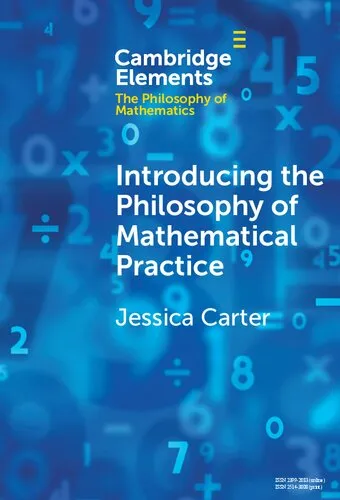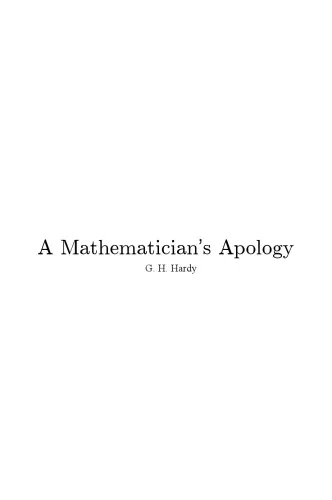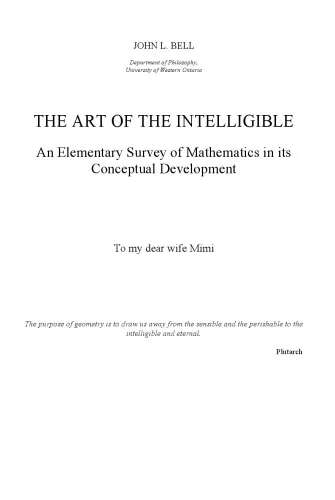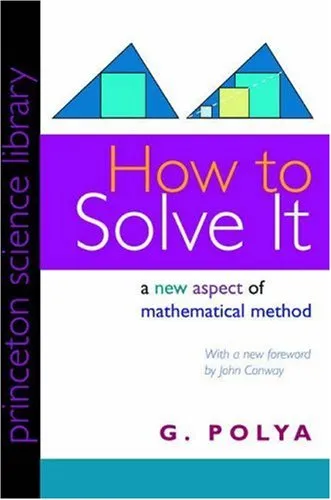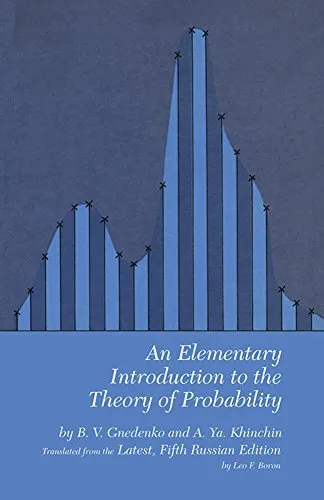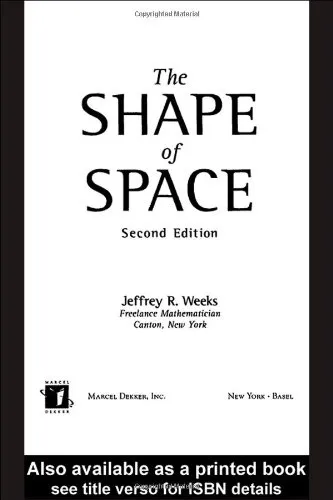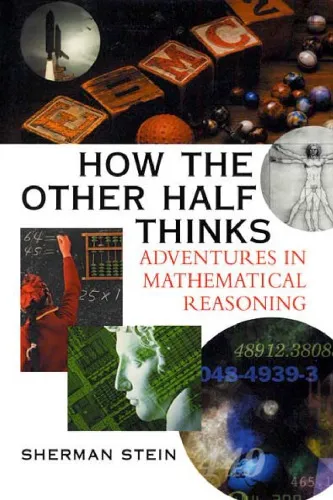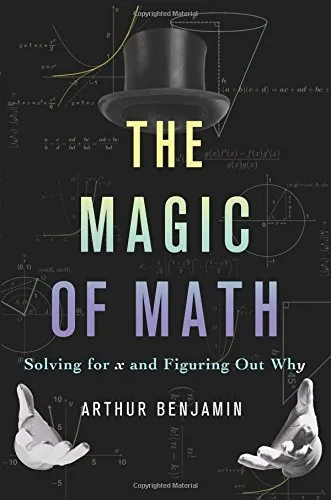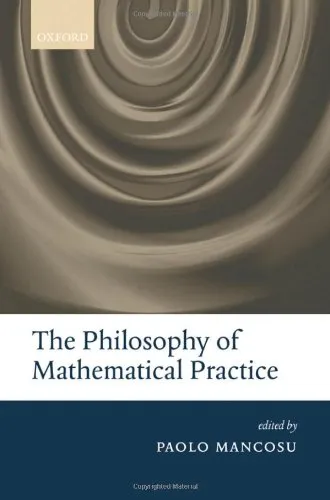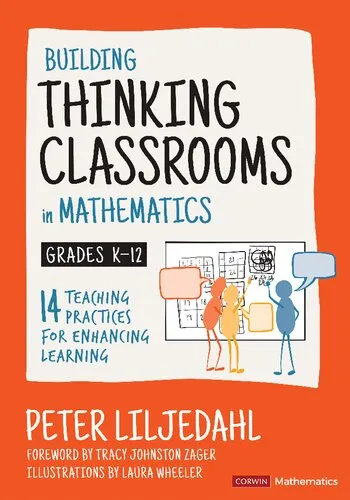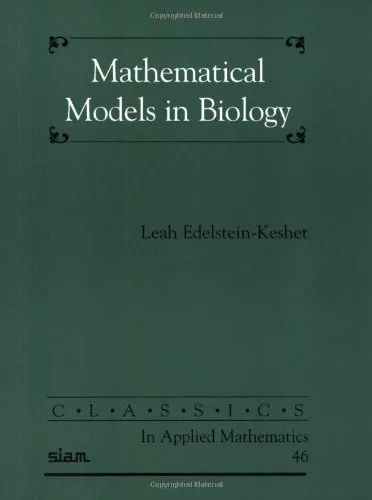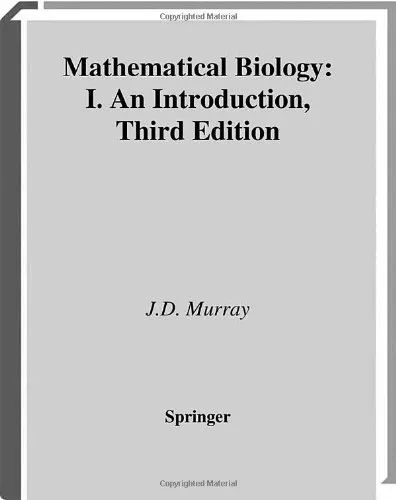Introducing the Philosophy of Mathematical Practice
4.0
Reviews from our users

You Can Ask your questions from this book's AI after Login
Each download or ask from book AI costs 2 points. To earn more free points, please visit the Points Guide Page and complete some valuable actions.Related Refrences:
Introducing the Philosophy of Mathematical Practice
Introducing the Philosophy of Mathematical Practice offers a groundbreaking exploration into the often-overlooked world of the philosophy behind mathematical activity. Rather than conceptualizing mathematics as an abstract pursuit confined to the discovery of objective truths, this book delves into the intricacies of how mathematics is done – the processes, practices, and the humanity involved in its evolution.
This book serves as a bridge between mathematics and philosophy and highlights the dynamic nature of modern mathematical work. It considers diverse perspectives, including historical, cultural, and sociological contexts, providing readers with a fresh lens to understand how mathematics unfolds in practice. It also examines the tools and methods mathematicians use, the role of collaboration, and the significant influence of computational technologies in shaping mathematical exploration today.
Detailed Summary of the Book
Mathematics is often viewed as a form of unchanging truth, a pursuit dominated by logic and objectivity. However, in this book, I argue for a pragmatic shift in perspective when exploring the philosophy of mathematics. The work focuses extensively on "mathematical practice" – the actual methods, tools, and community-oriented activities mathematicians engage in during their work.
At its core, the book challenges the reader to think differently about the questions central to the philosophy of mathematics. How is math created? How do mathematicians choose what problems are worth solving? How does the act of proof-writing and peer review shape mathematical discovery? Through vivid examples, the book reveals how mathematics is not merely about the finished product but equally about the journey, the people involved, and the instruments they use.
The book also emphasizes the synergy between mathematics and technology. With the rapid development of computational tools, the ways mathematicians approach problem-solving have evolved significantly. This phenomenon raises philosophical questions about the future direction of mathematics and the role of computation in fostering innovation.
Key Takeaways
- Mathematics is not just about results but also about the processes and practices involved in its creation.
- The human element – collaboration, creativity, and even disagreement – plays a substantial role in mathematical work.
- Philosophical reflection on mathematics benefits from incorporating cultural, social, and historical contexts.
- Computational tools are not just aids to mathematical proof but fundamentally change how mathematics is practiced.
Famous Quotes from the Book
"Mathematics is not found in isolation – it is a human endeavor, shaped by culture, tradition, and the shared passion of those who commit to its pursuit."
"The beauty of mathematics lies in its process; not only in what it reveals, but in how it is explored."
"To truly understand mathematics, one must explore its tools, its history, and the community that brings it to life."
Why This Book Matters
Introducing the Philosophy of Mathematical Practice is a vital contribution to both philosophy and mathematics. It moves away from an overly formalistic or purely abstract view of math and instead centers on the lived realities of mathematical exploration. This perspective is especially significant in an era when computational technologies and interdisciplinary collaborations are reshaping the landscape of academia and beyond.
Understanding the philosophy of mathematical practice also fosters more significant connections between mathematicians, educators, and researchers from other fields. By addressing the "how" and "why" of mathematics, this book invites discussions that resonate far beyond the confines of mathematics departments, making its ideas accessible and relevant to anyone interested in the creative and intellectual processes of science and discovery.
Ultimately, this book matters because it humanizes mathematics. It reminds us that behind the theorems and proofs, mathematics is a beautiful, dynamic process that reflects innovation, collaboration, and curiosity.
Free Direct Download
You Can Download this book after Login
Accessing books through legal platforms and public libraries not only supports the rights of authors and publishers but also contributes to the sustainability of reading culture. Before downloading, please take a moment to consider these options.
Find this book on other platforms:
WorldCat helps you find books in libraries worldwide.
See ratings, reviews, and discussions on Goodreads.
Find and buy rare or used books on AbeBooks.
1454
بازدید4.0
امتیاز0
نظر98%
رضایتReviews:
4.0
Based on 0 users review
Questions & Answers
Ask questions about this book or help others by answering
No questions yet. Be the first to ask!
